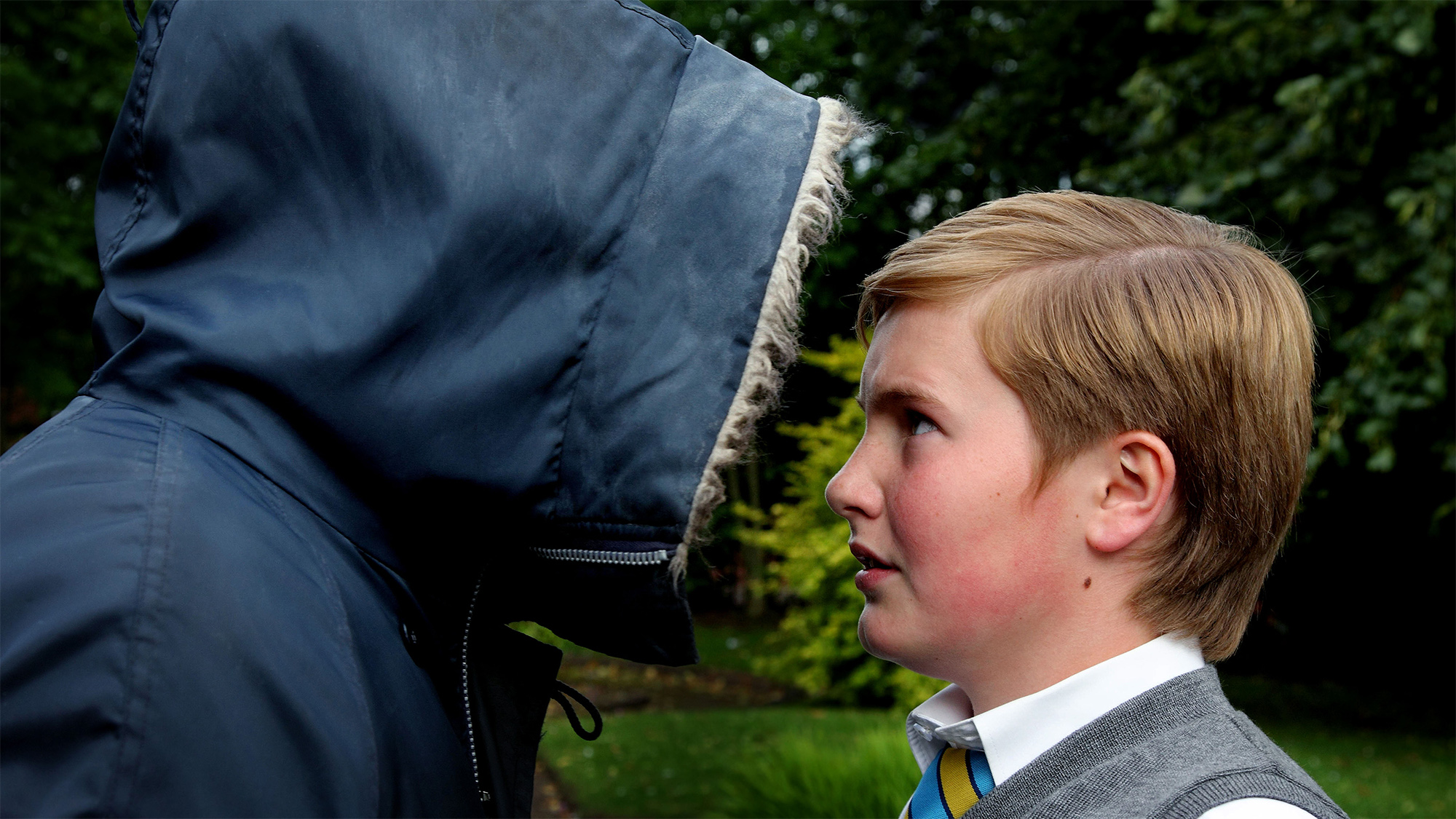4 ways to tell if you're an accidental office bully
Workplace bullying is on the rise, and experts say increasing stress levels are bringing out the worst in all of us

Workplace bullying is on the rise, and experts say increasing stress levels are bringing out the worst in all of us...
Say the word 'bully' and a million different things will spring to mind. That boy in year six who put you in a headlock. That girl in year nine who laughed at you for having an awful fringe. The tutor at university who humiliated you for being late. Your sister, your ex-boyfriend, your mate. But we're willing to bet that you don't think of yourself, right now, in the work place. After all, who grows up to become a bully? Certainly not you.
But as new evidence suggests that the majority of adult bullies don't even realise what they're doing, could increasing numbers of us be guilty of it?
'I think I now know why I was one of the sacrificial lambs in a recent redundancy period at work,' admits Cathy. 'Initially, I wasn't sure where I'd gone wrong. I was loyal, always on time, often worked late, and always offered to help in other departments. It made no sense. But then it hit me. Instead of the justification my manager provided - that they had to replace me with a part time employee - it was because I was an office bully.'
'It was common knowledge that if I hadn't had my morning coffee prior to hearing high-pitched glad tidings, I might just kill somebody,' adds Cathy. 'I was not only a Grammar Nazi, I became the Kitchen Bitch - throwing away anything that looked as though it was about to crawl, grow hair or smelled. If a colleague was upset about losing her three-day-old lunch, I would take it upon myself to remind her that I was saving her a visit to A&E. But I still didn't think of myself as a bully until afterwards.'
Instead of writing Cathy off as the kind of person to own a Mean Girls-style burn book at secondary school, psychologists believe that the reasons behind office bullying are subtly different to those in your teens - and explain why more than a third of us are likely to be guilty of it at some point in our lives.
'Adult bullies don't necessarily dislike their victims,' explains Susan Krauss Whitbourne, professor of psychology at University of Massachusetts Amherst. 'And they are not often even aware they are being mean.' Instead, she says, workplace bullying is prompted by a combination of factors, most of which usually come down to stress.
Marie Claire Newsletter
Celebrity news, beauty, fashion advice, and fascinating features, delivered straight to your inbox!
'You tend to find that most "professional" bulliest just want to feel like they're good at their jobs,' Krauss Whitbourne says. 'Offices where colleagues don't trust one another, feel competitive or overworked are particularly at risk.' And with that in mind, the question stops being about how to handle colleagues you dislike without being a bully, but jow to manage the feeling that you need to have power over others in order to succeed.'
'Ask yourself where that need is coming from,' suggests Krauss Whitbourne. 'Often you'll find it is from an underlying feeling that you're not quite good enough yourself. By pushing others around, you may feel better temporarily, but in the long run, others will resent it. Take a step back next time this happens, and ask yourself, what about this situation is making you feel threatened? If you can identify that source, you can overcome the need to take control.'
In Cathy's case, this meant stepping off the career ladder and working for herself, which Krauss Whitbourne recommends. 'Most women who fulfil the adult 'mean girl' role don't think of themselves as bullies and, in those cases, they'll only really stop when somebody else, such as a manager, intervenes.'
However, the main thing to remember is that it's never up to the victim to confront the perpetrator, but they should tell somebody more senior. 'That's the one way in which this is like being a teenager, Krauss Whitbourne concludes. 'You might not want to tell tales, but unless you want to be victimised, you actually have to.' FOUR WAYS TO TELL IF YOU'RE AN OFFICE BULLY 1) If you're being totally honest with yourself, you'll realise that people do not voluntarily initiate a conversation with you but instead try to minimise contact as much as possible.
2) Ask someone you trust to provide you with feedback about how you're handling others in the office, and be prepared to take that feedback to heart.
3) Take stock of how much time you spend talking vs listening. Bullies always talk more than they listen.
4) Ask yourself if the people you hire or work with repeatedly request a transfer or quit.
The leading destination for fashion, beauty, shopping and finger-on-the-pulse views on the latest issues. Marie Claire's travel content helps you delight in discovering new destinations around the globe, offering a unique – and sometimes unchartered – travel experience. From new hotel openings to the destinations tipped to take over our travel calendars, this iconic name has it covered.
-
 The 10 best dresses celebrities from Tiffany & Co.'s Blue Book 2025 Gala
The 10 best dresses celebrities from Tiffany & Co.'s Blue Book 2025 GalaCelebrating the brand's marine-inspired collection
By Sofia Piza
-
 These are the 11 cult designer buys of spring 2025—and they're already selling out
These are the 11 cult designer buys of spring 2025—and they're already selling outFrom Miu Miu's must-have cowboy hat to Loewe's latest bag
By Clementina Jackson
-
 Prince William and Princess Kate have announced their 14th wedding anniversary plans
Prince William and Princess Kate have announced their 14th wedding anniversary plansBy Jenny Proudfoot